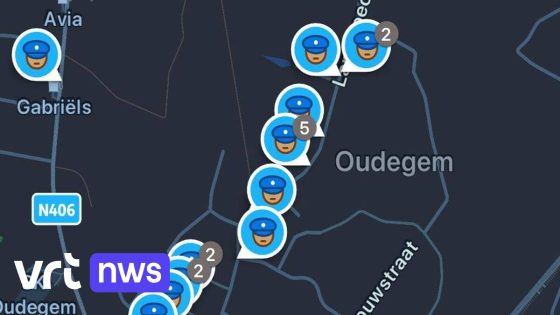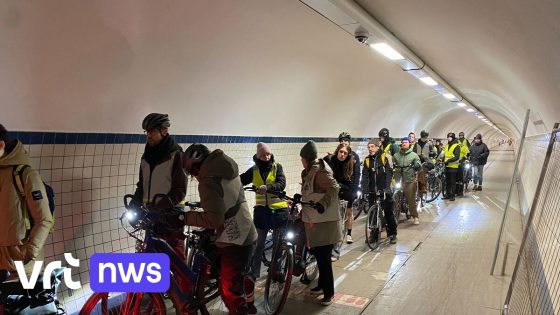The Dendermonde police are taking a unique approach to combat the rapid reporting of their controls on the GPS app Waze. As of January 20, 2025, they have started signaling numerous fictitious police actions to confuse drivers. This tactic aims to obscure real checkpoints and enhance road safety. How effective can such strategies be in deterring reckless driving?
- Dendermonde police frustrated with Waze alerts.
- Officers can't remove alerts from app.
- Police signal multiple actions on Waze.
- Initiative supported by local residents.
- Over 60 simultaneous police controls reported.
Dendermonde Police Use Fake Controls to Confuse Drivers on Waze
Have you ever wondered how technology impacts law enforcement? The Dendermonde police are leveraging this question by flooding Waze with fictitious control alerts. Their goal is simple: make it harder for drivers to pinpoint real police activities while promoting safer driving habits.
How Fictitious Alerts Affect Driving Behavior in Belgium
This unique strategy raises questions about its effectiveness and ethical implications. By creating a buzz of false alarms, the Dendermonde police aim to discourage speeding and other violations. Here’s why it matters:
- Increased awareness among drivers about potential checks.
- A reduction in speeding incidents due to uncertainty.
- An innovative use of social media for public safety.
- A community-supported initiative that engages locals in policing efforts.
The Role of Technology in Modern Policing Strategies
Technology plays a crucial role in contemporary law enforcement strategies. The integration of apps like Waze allows police departments to adapt quickly. However, it also presents challenges as criminals find ways around these technologies. Are we witnessing a shift where tech-savvy policing becomes essential?
The Community’s Response: Support or Skepticism?
The local community has shown mixed reactions towards this initiative. While some residents applaud the creativity behind misleading alerts, others express concerns over trust issues with law enforcement. Engaging citizens can lead to better outcomes, but how far should authorities go in their tactics?
Potential Implications for Traffic Safety Across Borders
This approach might inspire similar methods elsewhere, especially in countries like the US where speeding remains a significant issue. Could we see American police departments adopting comparable strategies? It opens up discussions about balancing effective policing with public trust.
In conclusion, as technology evolves, so must our approaches toward maintaining road safety and law enforcement practices.
































